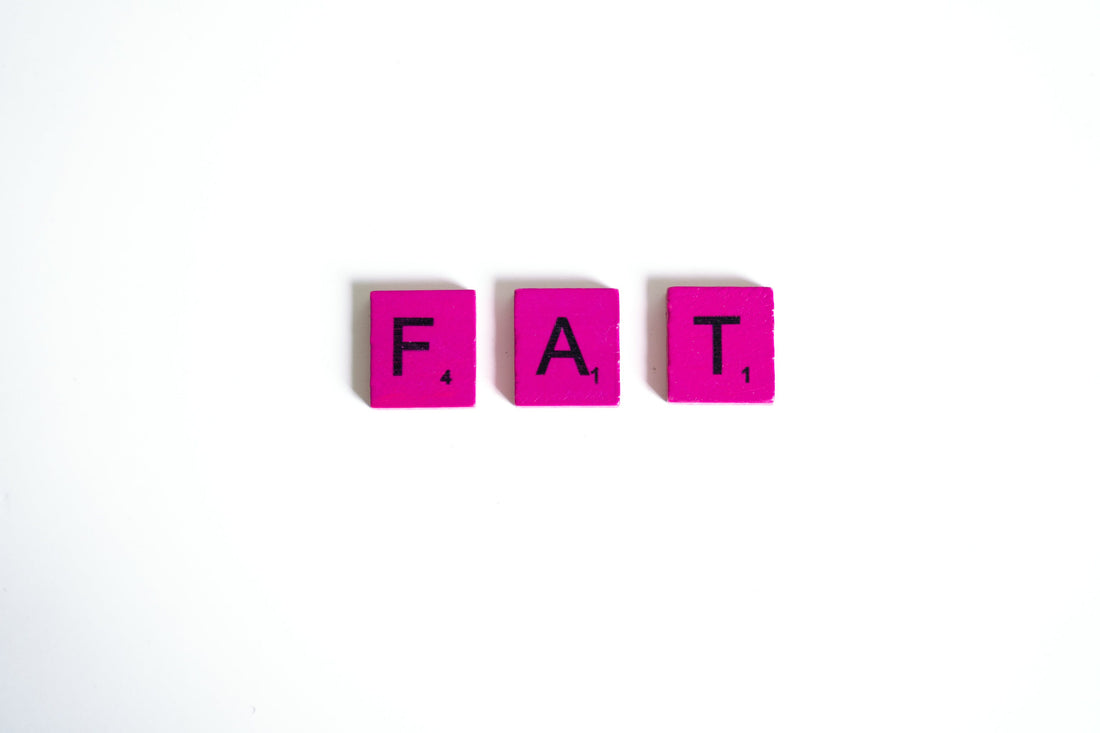
3 Low Fat Recipes for Dogs With Pancreatitis. DIY Dog Recipes For Pancreatitis.
Share
CLICK HERE FOR VIDEO
The 46 BEST LOW FAT Dog Foods
Easy DIY Cookbook - Dog Healthy Recipes
When it comes to creating recipes for dogs with pancreatitis, it's vital to prioritise ingredients that are low in fat and easily digestible.
Contrary to popular belief, managing carbohydrate intake is crucial in these cases because excessive carbohydrates can trigger higher triglyceride levels, leading to further complications.
Here are three low-fat recipes for dogs with pancreatitis:
1. Chicken and Butternut Squash Stew
Ingredients:
- 1 cup boneless, skinless chicken breast (boiled and shredded)
- 5% offal of choice, 5% chicken liver.
- 10% chicken carcass or bone.
- 1 cup cooked butternut squash
- 1/2 cup green beans (steamed and chopped)
- 1/2 cup carrots (cooked and diced)
- 1 tablespoon olive oil (optional for added moisture)
Instructions:
- Boil the chicken breast until fully cooked, then shred it.
- Steam green beans and cook carrots until tender.
- Mix all ingredients together. Add a small amount of olive oil if needed for moisture.
- Serve when cooled to room temperature.
2. Turkey and Sweet Potato Mash
Ingredients:
- 1 cup ground turkey (cooked and drained of excess fat)
- 1 cup mashed sweet potatoes
- 5% offal of choice, 5% chicken liver.
- 10% turkey carcass or bone.
- 1/2 cup peas (cooked and mashed)
- 1 tablespoon coconut oil (optional)
Instructions:
- Cook ground turkey in a skillet until fully cooked, then drain excess fat.
- Mash cooked sweet potatoes and peas together.
- Mix in the cooked ground turkey. Add a small amount of coconut oil if needed.
- Allow it to cool before serving to your dog.
CLICK HERE FOR VIDEO
The 46 BEST LOW FAT Dog Foods
Easy DIY Cookbook - Dog Healthy Recipes
Need further help? Book a nutrition consultation today: CONSULTATION
3. Fish and Quinoa Delight
Ingredients:
- 1 cup white fish (baked or boiled)
- 1 cup cooked quinoa
- 5% offal of choice, 5% chicken liver.
- 10% carcass or bone.
- 1/2 cup spinach (steamed and chopped)
- 1/2 cup diced zucchini (cooked)
Instructions:
- Bake or boil the white fish until fully cooked, then flake it into pieces.
- Cook quinoa separately according to package instructions.
- Steam spinach and cook diced zucchini until tender.
- Combine all ingredients and mix well. Let it cool before feeding your dog.
Regarding the importance of carbohydrate management versus fat control for pancreatitis: While fat can indeed stimulate the pancreas, leading to more enzyme release and worsening symptoms, excessive carbohydrates also pose a risk. Carbohydrates can increase triglyceride levels through a process called gluconeogenesis.
Gluconeogenesis is the production of glucose from non-carbohydrate sources, such as amino acids and glycerol, which can contribute to increased triglyceride synthesis in the liver. Thus, a balanced approach—low in both fat and easily fermentable carbohydrates—is crucial to manage pancreatitis in dogs.
Carbohydrates and Pancreatitis in Dogs:
Carbohydrates are an essential source of energy for dogs, but in the case of pancreatitis, their role becomes more complex. Dogs with pancreatitis might struggle to properly digest and metabolise certain carbohydrates, especially those that are highly fermentable.
When dogs consume carbohydrates, they are broken down into glucose, which is used as an energy source. However, in some cases, excessive carbohydrates can stimulate insulin release, leading to increased triglyceride synthesis in the liver. Elevated triglyceride levels can worsen pancreatitis as they are prone to causing inflammation in the pancreas.
The Importance of Low-Fat Diets:
Fats are known to stimulate the release of digestive enzymes from the pancreas, which can exacerbate pancreatitis symptoms. Hence, controlling fat intake is a primary consideration in managing pancreatitis in dogs.
However, focusing solely on reducing fat intake may not be sufficient. As mentioned earlier, carbohydrates, when consumed excessively, can lead to increased triglycerides.
CLICK HERE FOR VIDEO
The 46 BEST LOW FAT Dog Foods
Easy DIY Cookbook - Dog Healthy Recipes
Gluconeogenesis in Dogs:
Gluconeogenesis is a metabolic pathway in which the body synthesises glucose from non-carbohydrate sources like amino acids, lactate, and glycerol. In dogs, this process can occur in the liver and kidneys, primarily when there is a need for glucose production, especially during fasting or low-carbohydrate intake.
In the case of pancreatitis, excessive carbohydrates can contribute to increased triglyceride synthesis through gluconeogenesis. This is because when the body converts non-carbohydrate sources into glucose, the excess glucose can be stored in the liver as triglycerides, contributing to higher triglyceride levels.
This guide is for entertainment purposes only and cannot be substituted for veterinary advice.
Need further help? Book a nutrition consultation today: CONSULTATION
1 comment
At last a site that tells you truthfully how it is,I was frantically searching as my dog has recently been diagnosed with acute pancreatitis,thank you I’ve also subscribed to your channel on YouTube,very refreshing, I’m very much appreciative of your excellent advice and information 🙏